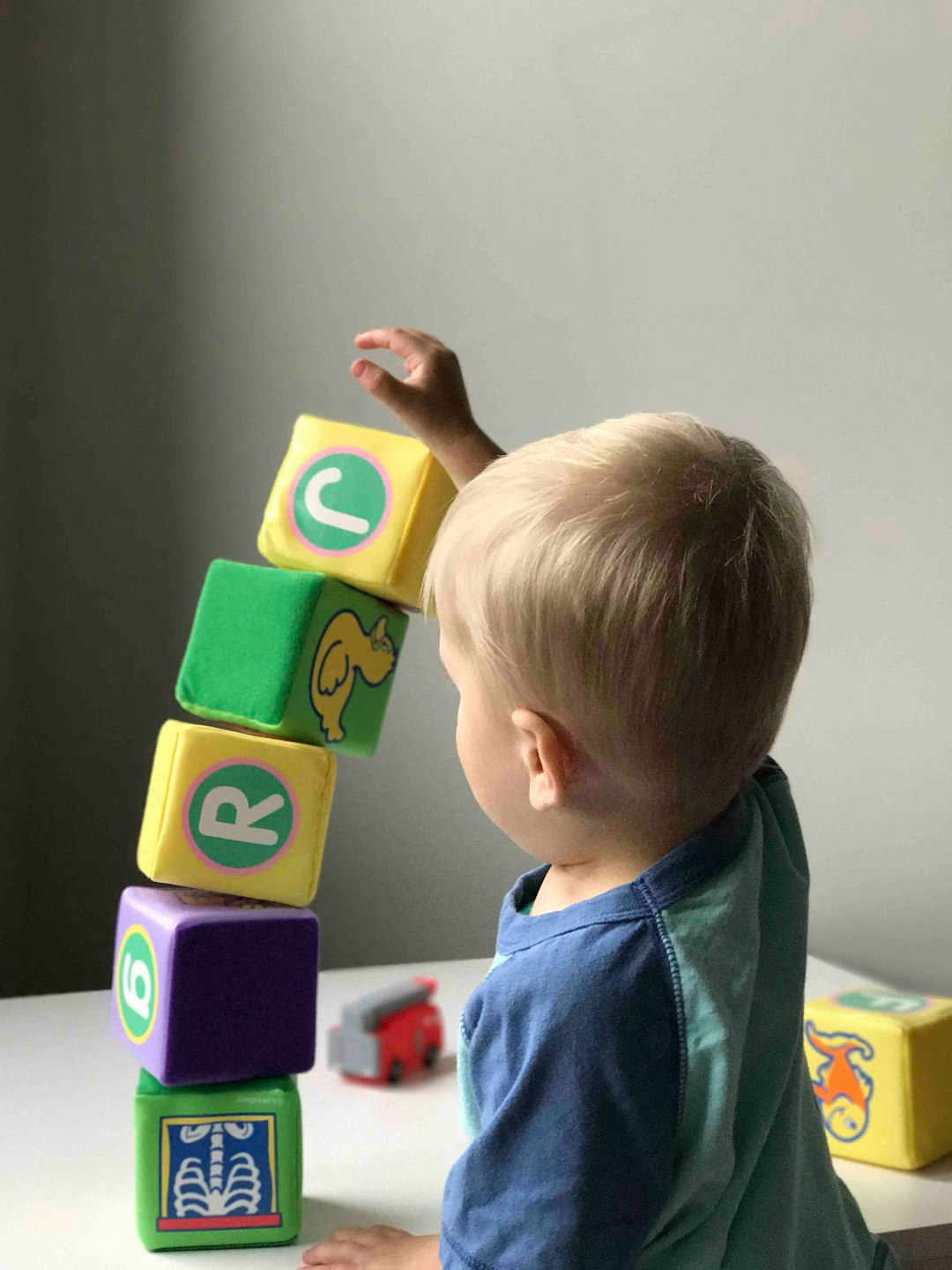Jersey City, NJ, has a robust legal system to protect children from abuse in daycares and schools. A dedicated daycare abuse attorney is crucial for advocating child rights, using detailed documentation (teacher logs, footage, medical reports) as evidence, navigating complex laws, and seeking justice. They ensure accountability and secure outcomes for victims, leveraging eyewitnesses, physical evidence, and records to build strong legal strategies based on solid documentation.
In Jersey City, NJ, the protection of children is paramount, but navigating abuse cases requires meticulous documentation. This comprehensive guide delves into the crucial role of documentation in daycare abuse claims, exploring Jersey City’s legal framework for child protection. From understanding relevant laws to identifying compelling evidence and legal procedures, this article equips parents and advocates with knowledge. For those seeking justice, it highlights support systems available, emphasizing the indispensable nature of thorough documentation for successful outcomes with a dedicated daycare abuse attorney in Jersey City NJ.
Understanding Jersey City's Legal Framework for Child Protection

Jersey City, located in Hudson County, New Jersey, has a robust legal framework dedicated to protecting children and ensuring justice in cases of abuse. The city’s laws and regulations are designed to hold accountable those responsible for causing harm to minors, especially in institutional settings like daycares and schools. A daycare abuse attorney in Jersey City NJ plays a pivotal role in navigating this legal landscape, advocating for the rights of abused children, and seeking appropriate remedies.
The New Jersey Division of Child Protection and Permanency (DCPF) is at the forefront of child protection efforts in Jersey City. They work collaboratively with local law enforcement to investigate reports of abuse or neglect and take necessary actions to ensure the safety and well-being of vulnerable children. Understanding this legal framework, including the roles of DCPF and law enforcement, is crucial for parents, caregivers, and daycare centers to recognize potential issues and take proactive measures to protect children from any form of abuse.
The Role of Documentation in Proving Daycare Abuse Claims

In Jersey City, NJ, where daycare centers cater to a significant portion of the population’s young children, proper documentation plays a pivotal role in proving daycare abuse claims. As a daycare abuse attorney in Jersey City would attest, detailed records are essential to substantiate allegations of mistreatment or negligence. These documents can include teacher logs, surveillance footage, medical reports, and parent communications. Each piece of evidence contributes to building a robust case, ensuring that the well-being and safety of children are at the forefront.
When investigating daycare abuse cases, comprehensive documentation serves as irrefutable proof in court. It provides a chronological account of events, helping judges and juries understand the context and severity of the alleged abuses. Moreover, it assists daycare abuse attorneys in constructing a compelling narrative, demonstrating patterns of misconduct that may otherwise go unnoticed. Effective documentation is, therefore, a cornerstone in seeking justice for victims and holding accountable those responsible for daycare abuse.
Compelling Evidence: Types and Sources in Abuse Cases

In daycare abuse cases, compelling evidence is paramount for a successful legal outcome. This includes a variety of sources and types, each holding unique weight in court. One primary source is eyewitness testimony from staff members or other children who observed the abusive behavior. These firsthand accounts can provide irrefutable proof of the misconduct, especially when corroborated by physical evidence like photographs or medical records showing signs of injury.
Another crucial category is documentation—official records that detail interactions and incidents within the daycare setting. This encompasses incident reports, security footage, and even digital communications between staff members or administrators. Daycare abuse attorneys in Jersey City, NJ, often rely on these records to construct a comprehensive narrative, demonstrating patterns of neglect or intentional harm. Such evidence not only strengthens the case but also ensures accountability for those responsible.
Navigating Complexities: Legal Procedures After Documentation

After proper documentation is in place, navigating the complexities of legal procedures becomes a crucial step for a daycare abuse attorney in Jersey City, NJ. This process involves a meticulous review of evidence, witness statements, and relevant laws to build a solid case. The expertise of a dedicated attorney is essential here, as they guide clients through the intricate web of legal requirements and potential pitfalls.
Understanding local regulations and procedures is key to ensuring a successful outcome. A daycare abuse attorney will strategize the best course of action, whether it involves mediation, negotiation, or a formal court appearance. Their goal is to protect the rights of victims, especially in cases involving young children who may have limited understanding of their experiences, by presenting a compelling and factual argument based on solid documentation.
Finding Justice: Support for Victims Through Adequate Documentation

In pursuit of justice, especially in sensitive cases like daycare abuse, proper documentation plays a pivotal role. For victims in Jersey City, NJ, seeking legal counsel from a dedicated daycare abuse attorney is a crucial step towards healing and accountability. A well-documented case provides tangible evidence, ensuring that the experiences of abused children are not only heard but also legally addressed.
Comprehensive records, including medical reports, witness statements, and any available surveillance footage, form the backbone of a robust legal strategy. These documents aid daycare abuse attorneys in constructing a compelling narrative, highlighting the neglect or harm inflicted upon the victims. Such thorough documentation not only strengthens the case but also offers comfort and support to the survivors, helping them navigate the often complex and emotional legal process with greater confidence.





